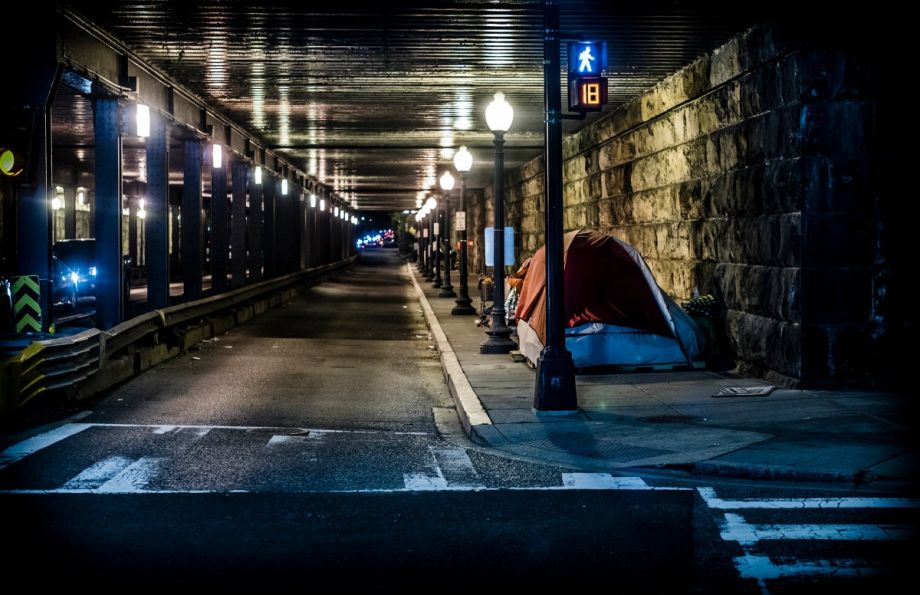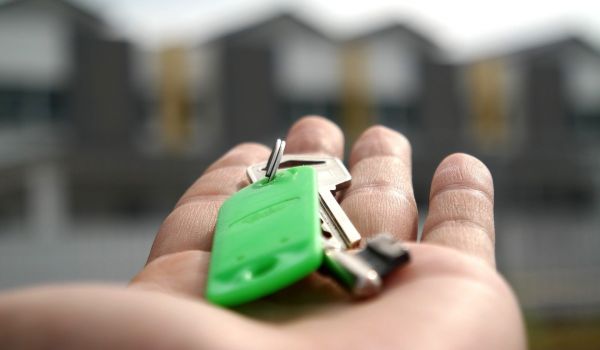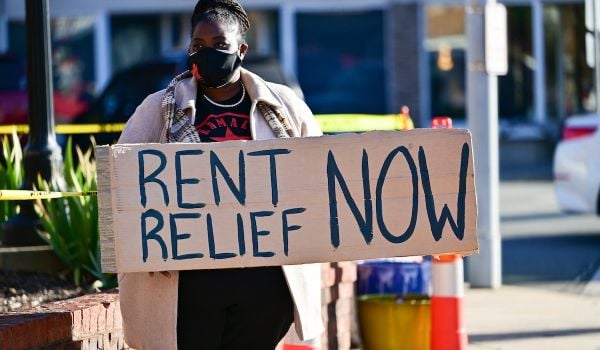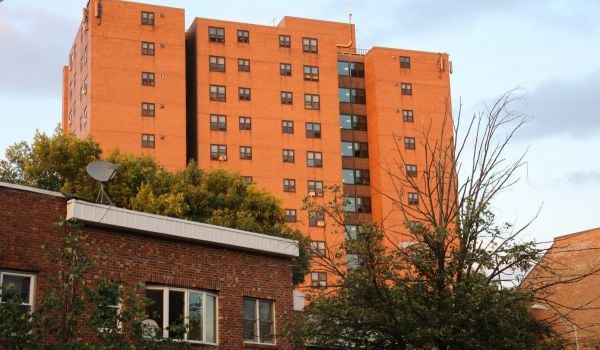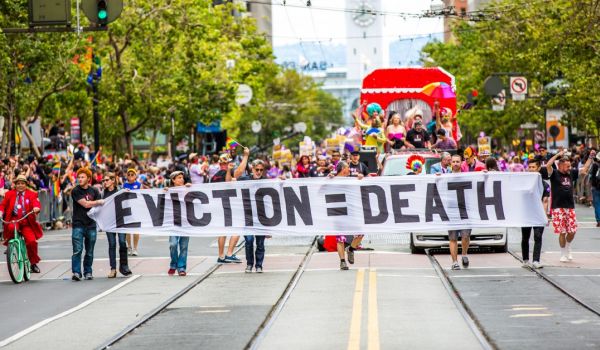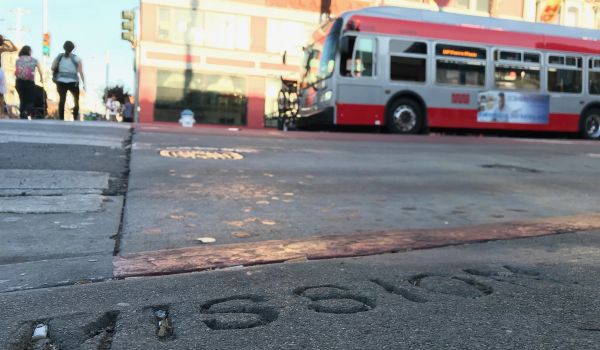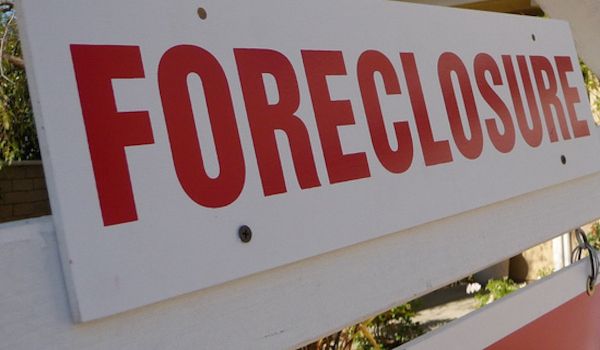HUD Announces $365 million For Unsheltered Homelessness
The Biden administration announced a new funding initiative for people experiencing homelessness — what it called the first fund specifically set aside for people who are unsheltered. The money will go towards “humanely and effectively” addressing unsheltered homelessnes and will include $322 million of grants for outreach, permanent housing and supportive services, $54.5 million of those grants will be set aside for rural communities. That pot of money will be distributed through a competitive grant process to Continuums Of Care - local planning bodies that address homelessness, through which HUD is often required to entrust its funding. It will prioritize jurisdictions that “demonstrate a comprehensive community approach to reduce homelessness,” particularly among their unsheltered populations. In other words, these funds will go toward cities and states that already have infrastructure and planning in place to connect unsheltered people with housing. Grant proposals are due in October.
HUD will also provide $43 million to fund 4000 new housing choice vouchers, which will be distributed to public housing authorities and which can also go to people at-risk of homelessness, including people fleeing domestic violence.
Unsheltered homelessness and specifically encampments have become more visible since the start of the pandemic. There’s no hard numbers telling us whether encampments have increased or by how much, in part due to the halting or scaling down of HUD’s point-in-time counts during the pandemic. But encampments have drawn a rancorous level of anti-homeless sentiment in cities across the country — including Portland, Oregon, where that anger has boiled over into the Governor’s race. This has led to homeless sweeps across the country that are anything but “humane and effective,” both displacing people and leading to poor long-term outcomes when it comes to permanent housing. A UCLA report on a 2020 encampment sweep at Echo Park Lake found only 17 people in the 200 person encampment had been placed in permanent housing.
It also often ends in criminalization. A new investigation from Reveal found that half of all arrests in Portland over a four-year period were of people experiencing homelessness. And arrests were very often for low-level charges according to the investigation, which also looked at Oakland, San Diego, Los Angeles and Sacramento. The arrests were for loitering, drinking alcohol in public or taking up public space with their possessions.
Homeless sweeps are often tied to purported connections to services, so the increased HUD funding will likely not decrease that practice. It may, however, mean that the services on the other side of those sweeps actually exist, which is not always the case.
Philadelphia Has 20,000 Illegal Evictions Each Year, Report Finds
Philly renters may be experiencing 20,000 illegal evictions a year, according to a report released by Community Legal Services of Philadelphia. The survey responses were from 6,000 renters and were pooled from applicants to the city’s emergency rental assistance as well as a separate survey of people who had not applied to rental assistance. Community Legal Services believes it’s the largest-ever survey of Philadelphia renters.
The survey found that between February 2019 and February 2020, 6.8% of renters surveyed faced an illegal eviction, which could include being locked out, being paid to move or being threatened with eviction. But the court-based eviction rate in the same time period was 7.2% — suggesting that even before the pandemic eviction moratorium, illegal evictions were just as common as legal ones.
Illegal evictions increased after the federal eviction moratorium was enacted in March 2020. According to the report, 11% of renters who moved between February 2019 and February 2020 did so because their landlords forced them to without a court order. That number increased to 14% between March 2020 and December 2020. Philadelphia also launched an eviction diversion program in the summer of 2020, though the report does not mention any impact on illegal evictions.
Additionally, 60% of survey respondents said they were behind on rent, on average owing $2,698. About 58% of those who said they were behind on rent were Black, compared to 20% who were White. Over half of respondents said they had borrowed money to pay rent, with $1,562 being the average amount.
“We’re seeing people struggling, borrowing money, taking out loans, etcetera, to pay for homes that are largely in disrepair,” Osarugue Osa-Edoh, an attorney at Community Legal Services, told WHYY.
A Challenging Environment For First-Time Homebuyers
According to Barrons, a combination of high mortgage rates, homeowners insurance and property taxes have contributed to a months-long slump in home sales. Home sales increased 10% in May over April according to the U.S. Census and HUD, but are still below sales numbers for May 2021. Sales had reached 839,000 in December 2021 as a result of lower federal interest rates, but have been declining since January.
Homes are now more expensive than they have ever been, not adjusting for inflation. The median sale price of a single family home was $449,000 in May. According to Reuters, 30-year-fixed-rate mortgages are at 5.8%, the highest in over 13 years. In the second quarter of 2020, the median sale price was just $322,600, which makes the two-year increase in median home prices the fastest increase in American history.
All of these factors make it even more likely that first-time homebuyers will rent instead. It also means many homes that can’t find buyers on the private market may instead be bought by private equity, which has been snatching up thousands of homes and marketing them to the growing share of renters. These private equity-owned homes are often neglected and their tenants mistreated, as we covered in last week’s Backyard story.
This article is part of Backyard, a newsletter exploring scalable solutions to make housing fairer, more affordable and more environmentally sustainable. Subscribe to our weekly Backyard newsletter.

Roshan Abraham is Next City's housing correspondent and a former Equitable Cities fellow. He is based in Queens. Follow him on Twitter at @roshantone.



